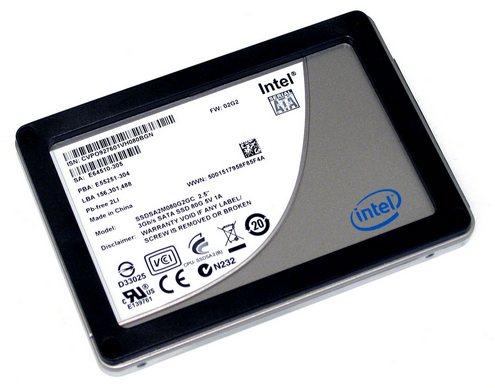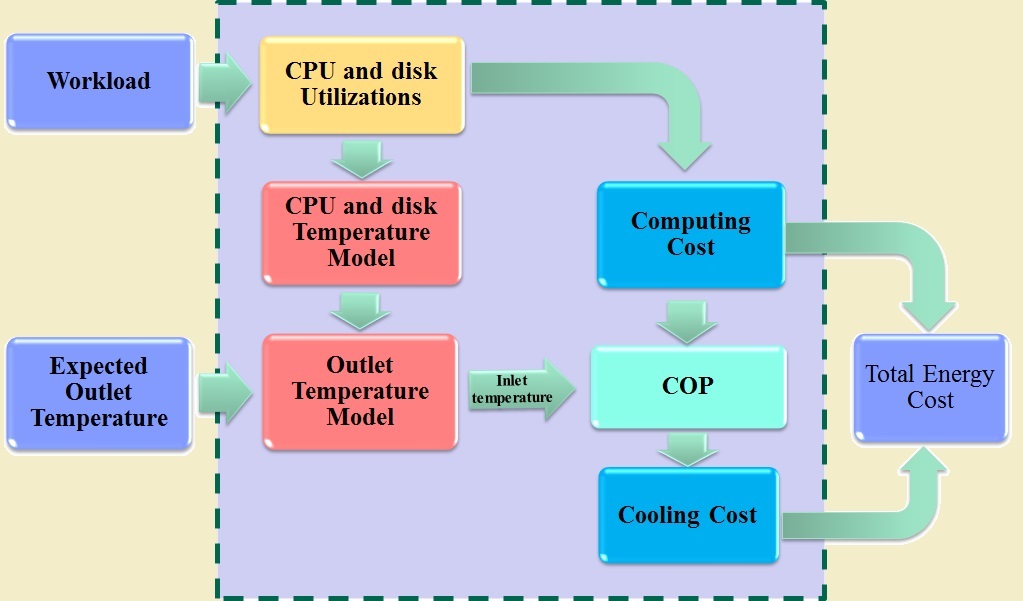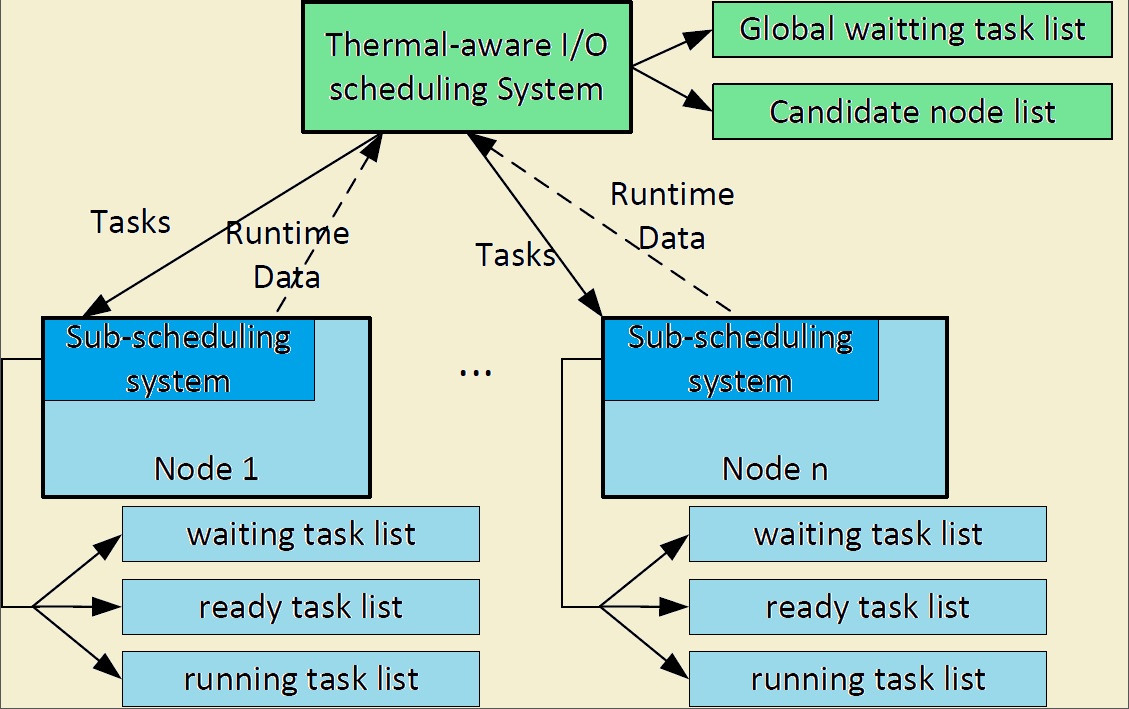Student Faculty Research
California State University, Northridge (Fall 2021 - Present)
- Energy-efficient Workload Management in Datacenters
- Thermal Modeling of Cluster Systems using Machine Learning (Summer 2022: Icess Iana Nisce)
- Analysis of Cluster Monitoring Systems (Summer 2022: Carlos Arturo Morales Sierra)
- Analysis of Energy-efficient Workload Managment Strategies (Summer 2021: David Macoto Ward)
Earlham College
- Energy-aware Management System on Cluster (Summer 2018)
- Undergraduate Student Participants:
- Thuy Thai (Software Engineer at Google)
- Eli Ramthun (Energy Analyst at DNV, PhD at University of Texas, Austin)
-
Energy-Efficient Load Balancing on Cluster Systems (Summer 2017)
-
Undergraudate Student Participants:
- Eli Ramthun (Energy Analyst at DNV, PhD at University of Texas, Austin)
- Phuc Tran (AWS Software Engineer at Amazon, PhD in University of California, Irvine)
- Niraj Parajuli (Consultant at Macedon Technologies)
- Byron Roosa (Senior Security Consultant at Blue Bastion)
-
Thermal and Energy Modeling of Cluster Systems (Summer 2016)
-
Undergraudate Student Participants:
- Tuguldur Baigalmaa (Software Engineer at Terraform Labs)
- Daiki Akiyoshi (Associate at BlackRock)
- Lam Nguyen (Software Engineer at Google)
-
Thermal Profiling of Cluster Systems (Summer 2015)
-
Undergraduate Student Participants:
- Tuguldur Baigalmaa (Software Engineer at Terraform Labs)
- Wilson Lim (Software Developer at DriveWealth)







